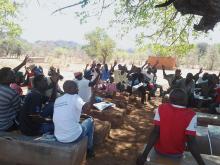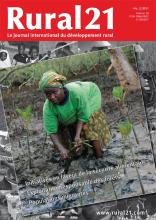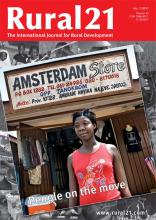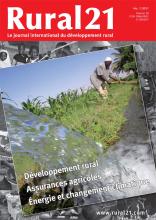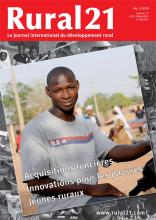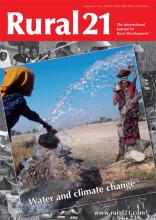Land Library
Welcome to the Land Portal Library. Explore our vast collection of open-access resources (over 74,000) including reports, journal articles, research papers, peer-reviewed publications, legal documents, videos and much more.
/ library resources
Showing items 1 through 9 of 11.Indigenous Peoples and local communities hold a large share of the world’s land area under customary systems. However, there is a tremendous gap between what is held by communities in practice and what is formally recognised by governments.
Marked power imbalances often result in communities losing out in use conflicts over their territories and resources. This applies in particular to extractive industries and infrastructure projects.
Providing extension and advisory services is expensive. There are salaries to be paid, transportation and operational funds to be provided, buildings to be rented or built, demonstration plots to maintain, and continued education to be offered to the extension staff.
L’urbanisation est souvent considérée comme ayant des effets néfastes sur le développement rural. En fait, c’est tout le contraire.
The sheer number of refugees from Zimbabwe puts a heavy burden on the province of Limpopo in South Africa. These new arrivals strain the already weak structure of the local labour market. The result is frustration and bitterness for local people.
As part of its commitment to local community development in Mozambique, the Community Land initiative (iTC), a project financed by a group of European donors, is supporting part of a honey production chain in Mozambique, specifically in Sussundenga district, Manica province.
La spiruline est une algue produite en quantité au Burkina Faso. Sa composition nutritionnelle exceptionnelle lui donne un rôle efficace pour la récupération des personnes dénutries ou immunitairement affaiblies.
Si les investissements étrangers directs (IED) dans les terres arables peuvent stimuler la croissance économique, ils peuvent aussi, le cas échéant, affecter de manière négative la situation des revenus et la sécurité alimentaire de la population locale.
The world food crisis has spurred foreign direct investments (FDI) into arable land in developing countries. While significant financial inflows into agricultural sectors could be beneficial on a global scale, it could negatively affect local livelihoods.


